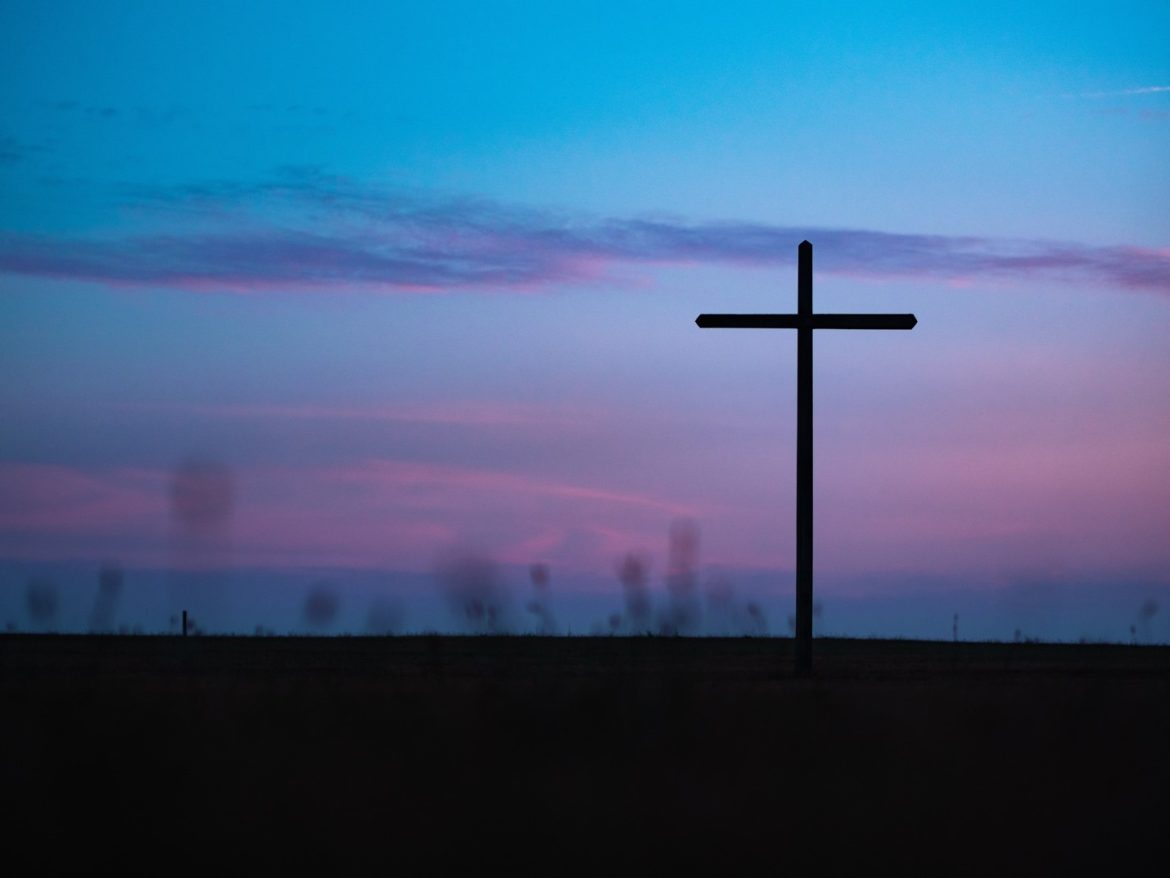Alliance Defending Freedom is part of a coalition asking the U.S. Supreme Court to hear their case challenging discriminatory fees for streaming music online.
In National Religious Broadcasters Noncommercial Music License Committee v. Copyright Royalty Board and Librarian of Congress, Alliance Defending Freedom attorneys argue that the Copyright Royalty Board’s (CRB) rate structure for online streaming royalties violates the constitutional rights of religious broadcasters, as well as multiple federal laws.
Like any other platform, all broadcasters, including religious ones, should have equal opportunities to share their message via online streaming. This right is guaranteed by the First Amendment to the U.S. Constitution and the federal Religious Freedom Restoration Act.
If broadcasters want to stream copyrighted songs over the internet, they must pay royalties to the copyright owners of those songs. Every five years, a federal agency called the Copyright Royalty Board (CRB) issues a statutory license that establishes the terms and royalty rates these broadcasters must pay.
In 2021, the CRB adopted royalty rates for noncommercial webcasters that heavily favored secular outlets like National Public Radio (NPR) over religious broadcasters. NPR and SoundExchange, representing record companies, jointly proposed rates that the CRB accepted.
The National Religious Broadcasters Noncommercial Music License Committee (NRBNMLC) proposed two alternative rate structures modeled closely after the NPR rates to provide religious broadcasters equal opportunities. However, the CRB rejected these proposals.
Instead, the CRB imposed a rate structure proposed by SoundExchange that requires noncommercial religious webcasters with an average audience of over 218 people to pay royalties over 18 times higher than the average NPR station rate.
The discriminatory rates hit religious broadcasters with “exorbitant fees,” according to the NRBNMLC’s petition to the Supreme Court.
“In real terms, a noncommercial Christian station webcasting 15 songs per hour to an average audience of only 1,000 people must pay over $257,000 annually. By contrast, the average annual fee for secular NPR stations to reach that same audience is less than $18,000—a 93% discount,” the petition states.
The D.C. Circuit Court of Appeals previously upheld the CRB’s rates, so religious broadcasters represented by Alliance Defending Freedom and Fletcher, Heald & Hildreth are now asking the Supreme Court to weigh in.
According to the petition, “In the top tier, the Board allows secular NPR-affiliated stations to reach a large internet audience at modest royalty rates paid by the federal government. On the bottom tier, the Board forces religious stations to pay exponentially higher royalty fees to reach more than 218 average monthly listeners—with no public subsidy. Applying a highly deferential standard of review, the D.C. Circuit affirmed the Board in toto. The result is government suppression of religious speech online, skewing “the modern public square” in favor of secular content in violation of RFRA and the First Amendment.”
What is Alliance Defending Freedom?
Alliance Defending Freedom (ADF) is an alliance-building, non-profit legal organization committed to protecting religious freedom, free speech, parental rights, marriage and family, and the sanctity of life.
Alliance Defending Freedom Church Alliance and Alliance Defending Freedom Ministry Alliance are programs designed to offer pro bono legal defense and assistance to churches, ministries, and other religious organizations to help these groups navigate any potential legal hurdles or challenges that could impede their operations or interfere with their religious freedom.
Beyond First Amendment concerns in National Religious Broadcasters Noncommercial Music License Committee v. Copyright Royalty Board and Librarian of Congress, Alliance Defending Freedom attests the CRB has violated three federal statutes.
Firstly, the Religious Freedom Restoration Act (RFRA) states that if the government burdens someone’s exercise of religion, it must prove it has a compelling reason to do so and that its actions are the least restrictive way to achieve that interest. ADF contends the appeals court failed to properly apply this test to the CRB’s discriminatory streaming rates against religious broadcasters.
Secondly, the Administrative Procedure Act (APA) instructs courts to invalidate conclusions that are “arbitrary, capricious, an abuse of discretion, or otherwise not in accordance with law.” According to Alliance Defending Freedom, the CRB invented a new requirement for expert testimony from the plaintiffs after the fact without justification.
Thirdly, ADF attorneys say the CRB misapplied the Copyright Act to bar important evidence supporting the plaintiffs’ proposed rates.
“The government punishes noncommercial religious broadcasters by making them pay a license fee more than 18 times higher than NPR above a modest listener threshold,” Alliance Defending Freedom Senior Counsel John Bursch said in a statement on Alliance Defending Freedom Media. “This unlawful discrimination forces some noncommercial religious stations to stay small and restrict their listener reach so they can afford to stream online. The Copyright Royalty Board is violating federal law and the U.S. Constitution, and so we are urging the Supreme Court to take this important case and rule on the side of religious liberty and free speech.”
